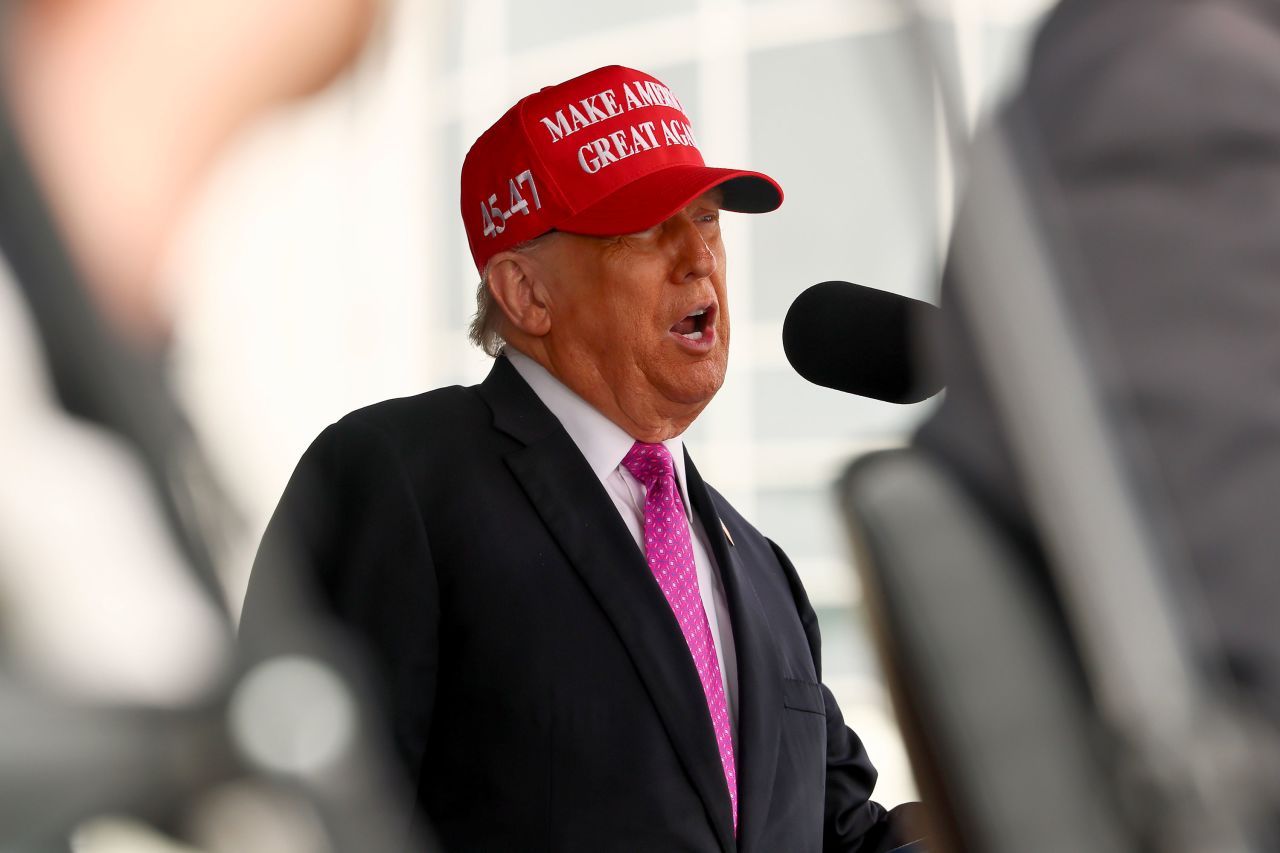President Donald Trump addressed graduates at the US Military Academy in West Point, New York, yesterday, making his second college commencement speech of the year.
It came as his administration scours the country’s military academies for course offerings, clubs and books deemed unsuitable under Trump’s anti-DEI initiatives. The president is also overseeing a wider shake-up of the Pentagon and the national security establishment.
If you missed the speech, here are some key takeaways:
: Trump didn’t shy away from playing politics and addressing controversial topics during his speech to the cadets.
Trump claimed that by banning diversity initiatives and transgender people from serving in the military, he was helping “liberate” the troops.
“We’ve liberated our troops from divisive and demeaning political trainings,” Trump said. “There will be no more ‘critical race theory’ or ‘transgender for everybody’ forced onto our brave men and women in uniform.”
Trump also slammed military readiness under his predecessor, former President Joe Biden, and claimed he had “rebuilt” the nation’s armed forces.
The president called the graduates “winners” and congratulated them on joining “the greatest and most powerful army the world has ever known.”
Trump again claimed that a “Golden Dome” missile defense system will be complete before he leaves office.
Experts have told CNN the president’s vision for a cutting-edge missile shield to protect from long-range strikes — inspired by Israel’s Iron Dome but intended to protect a country about 450 times larger — is economically and strategically ill-advised.
The president brought multiple cadets onstage to celebrate their accomplishments, including Army Golden Knights quarterback Bryson Daily and Chris Verdugo, a cadet who set a record in a grueling 18.5-mile march.
Trump also issued a pardon for all West Point cadets on restriction for minor offenses, continuing a longstanding tradition of presidents who deliver the commencement address.















